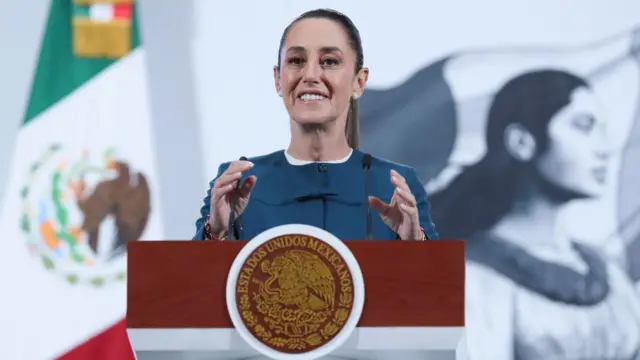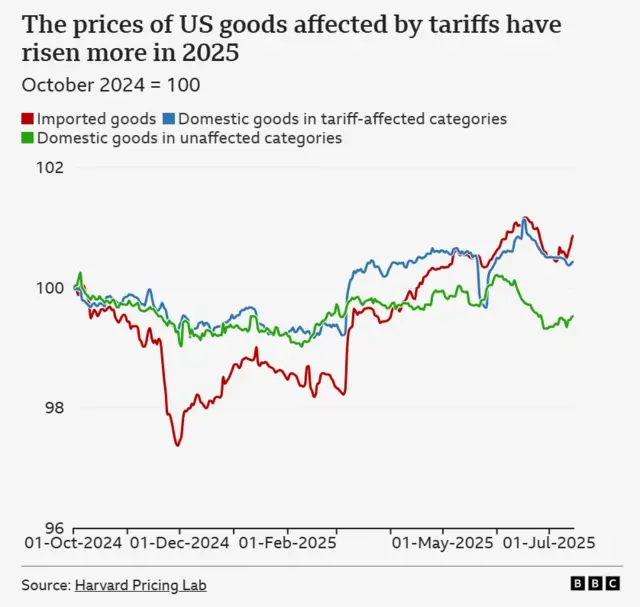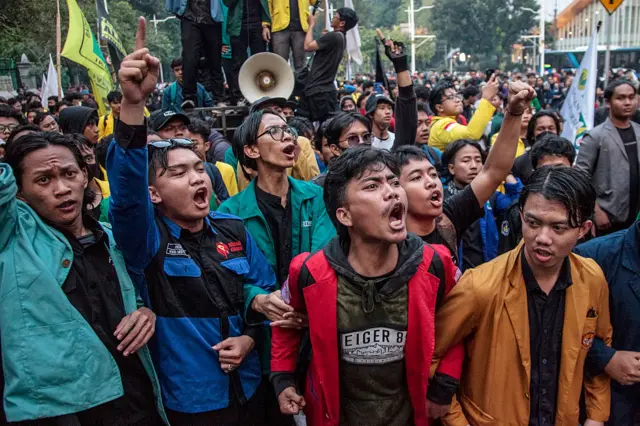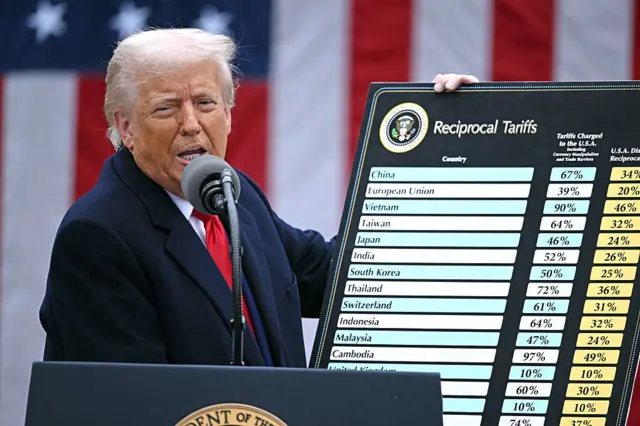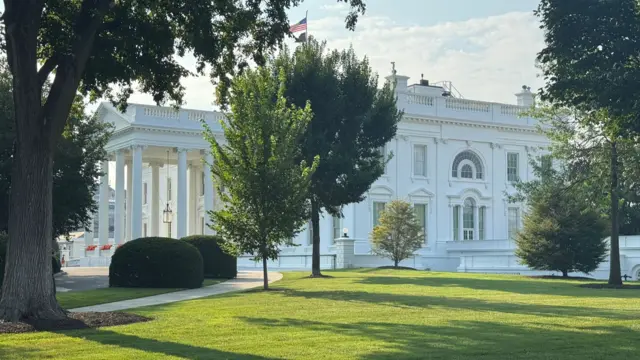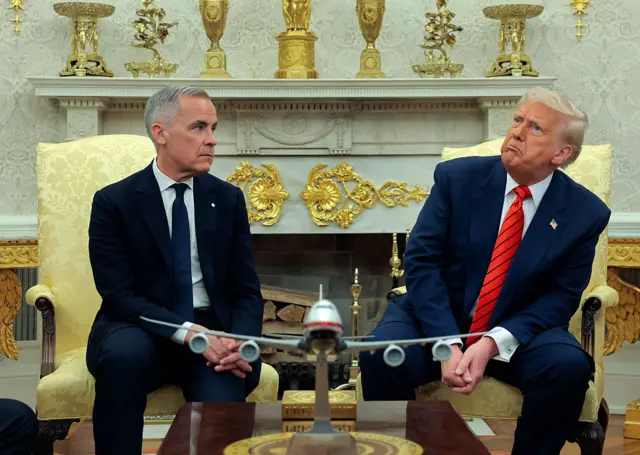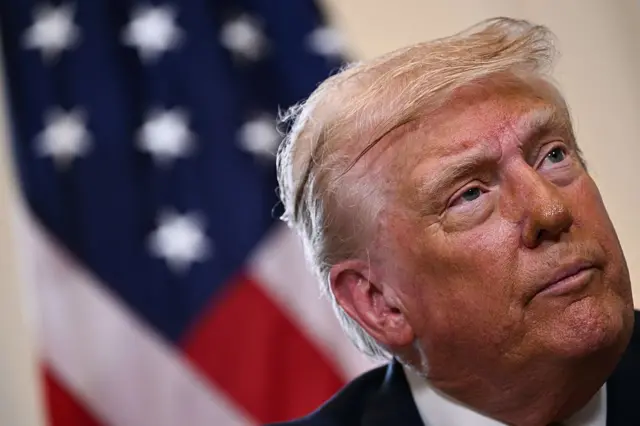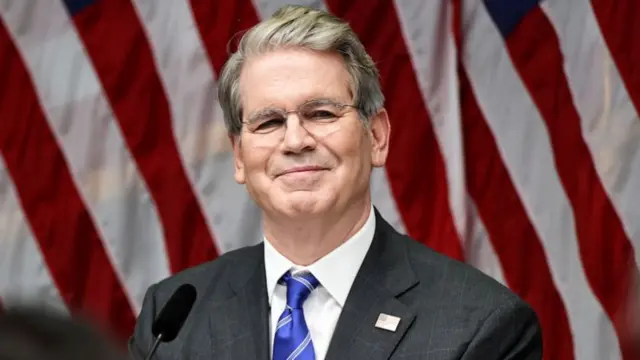Tarriffs on Brazil a 'significant blow,' says ambassador to UKpublished at 16:52 BST 31 July
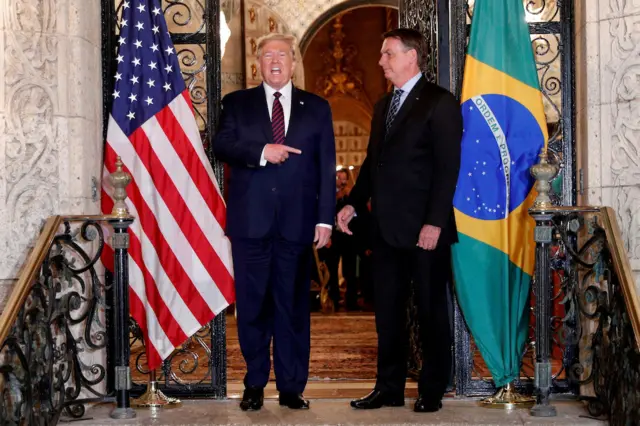 Image source, Reuters
Image source, ReutersPatriota says Brazil will not be dropping the investigation into allegations that Bolsonaro plotted a coup after losing the 2022 election
As Mexico and the US publicly discuss pausing the higher tariffs and working together to possibly reach a deal in the next three months, we turn for a moment to another country where Trump has taken a far different tack, Brazil.
The country's ambassador to the UK, Antonio Patriota, just called US plans to raise tariffs on goods from his country to 50% “a significant blow."
Speaking to BBC Newshour, he went on to say that the “current hostility demonstrated by the US government” is “self-defeating, counterproductive, illegal and very unwise”.
President Trump recently confirmed the US would dramatically increase the tariffs in retaliation over the prosecution of his ally, former Brazilian President Jair Bolsonaro.
“Brazil is a country without enemies… I am confident that wisdom will prevail in the long run. But, if we are in for a bumpy ride, you can expect Brazil to hold up its dignity," the ambassador says.
